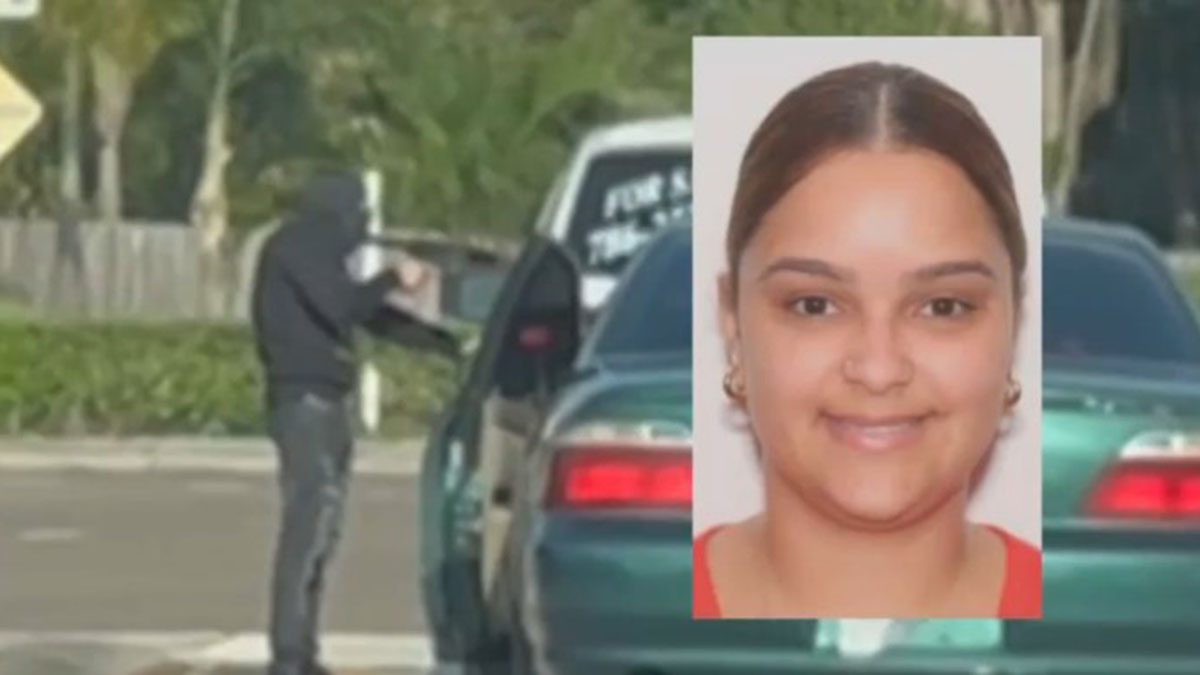A bitter feud over Florida's largest private school voucher program ended Wednesday when the state Supreme Court tossed a lawsuit challenging a program used by nearly 98,000 school children.
The court in a 4-1 decision declined to hear the case, resulting in a significant victory to backers of school choice programs while handing a sizable defeat to Florida's main teacher union.
The brief one page order did not explain why the court rejected the lawsuit.
The Florida Education Association had pushed ahead with the legal challenge despite denunciations that the lawsuit could harm the families that use the vouchers offered through the tax credit scholarship program. Thousands of parents and children marched to the Capitol last year asking the union to "drop the suit."
"The court has spoken, and now is the time for us all to come together to work for the best interests of these children," said Doug Tuthill, the president of Step Up for Students, a group that hands out the vouchers to families. "We face enormous challenges with generational poverty, and we need all hands on deck."
Florida has several voucher programs in place, but the one that was challenged extended vouchers primarily to low-income families who use them to send their children to private and religious schools. Most of the children who receive the vouchers are black or Hispanic. The vouchers are funded by corporations, which in turn receive tax credits on money they owe to the state.
The law creating the program was first approved in 2001 under then-Gov. Jeb Bush, but the program was expanded this past year to include some middle-income families. The lawsuit filed by the union argued that the program violated the state's constitution by creating a parallel education system and by directing tax money to religious institutions.
Local
But two lower courts ruled that the Florida Education Association had no legal standing to challenge the program.
The 1st District Court of Appeal concluded that the union had not shown that other school funding had declined because of the program or provided other proof of "concrete harm." Judge Lori Rowe, who wrote the opinion, also added the tax credit scholarship program did not violate a constitutional ban on state aid to religious institutions because it involved the taxing, and not the spending power, of the Florida Legislature.



